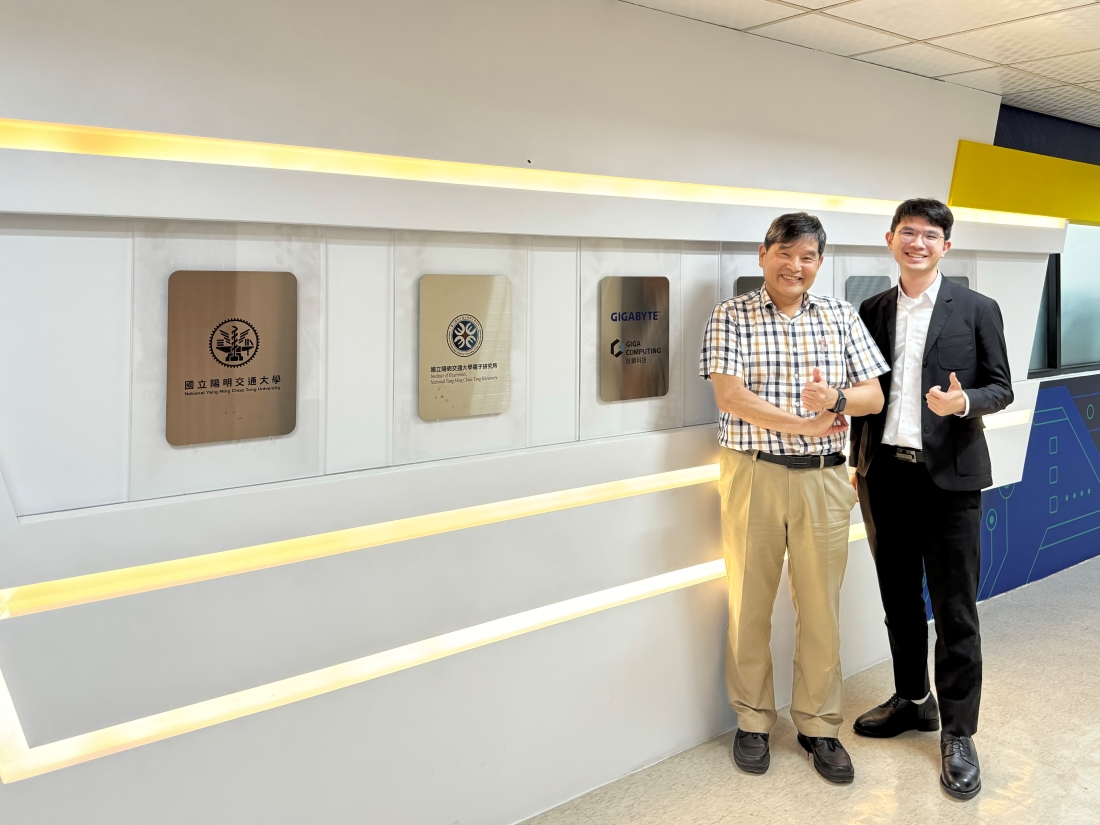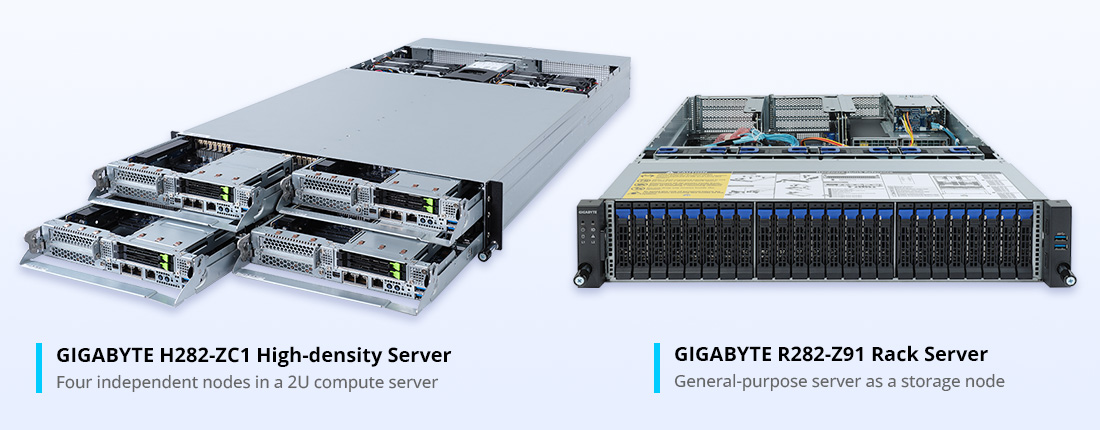Like What You Read and Want More?
Get Updates

Like What You Read and Want More?




| Item | Model | Quantity |
|---|---|---|
| Server | GIGABYTE H282-ZC1 | 1 |
| CPU | AMD EPYC 7763 (64C/128T) | 8 |
| Memory | NANYA 32GB DDR4-3200 | 128 |
| Storage | Phison 2.5" 7.68TB SATA SSD | 4 |
| LAN | CLN4832 Intel® 82599ES 10Gb/s 2-port | 4 |
| Item | Model | Quantity |
|---|---|---|
| Server | GIGABYTE R282-Z91 | 1 |
| CPU | AMD EPYC 7543 (32C/64T) | 2 |
| Memory | NANYA 32GB DDR4-3200 | 8 |
| Storage | Phison 2.5" 1.92T ESR1720 SATA SSD | 1 |
| Phison 2.5" 7.68T ESR1710 SATA SSD | 24 | |
| RAID | 9364-8i 2G | 1 |
| LAN | CLN4832 Intel® 82599ES 10Gb/s 2-port | 1 |
